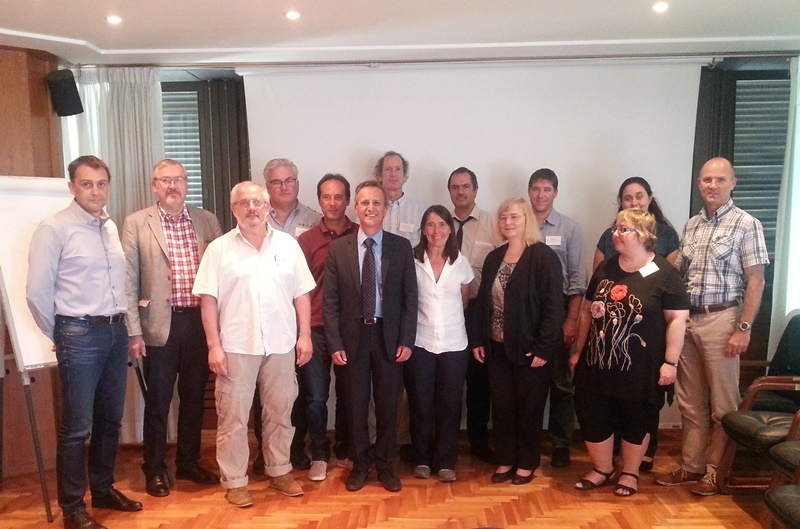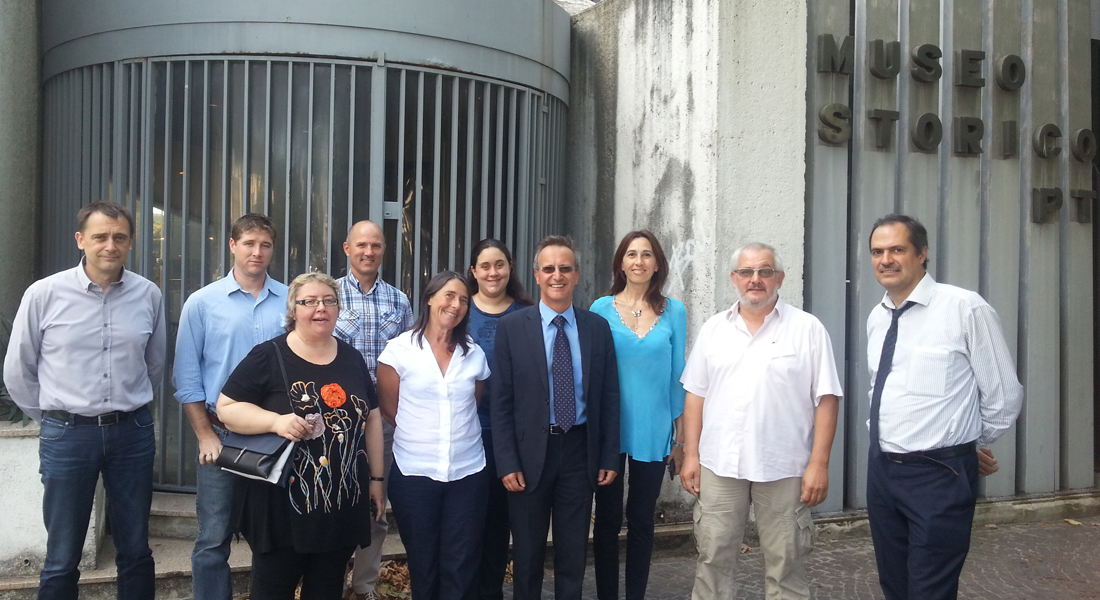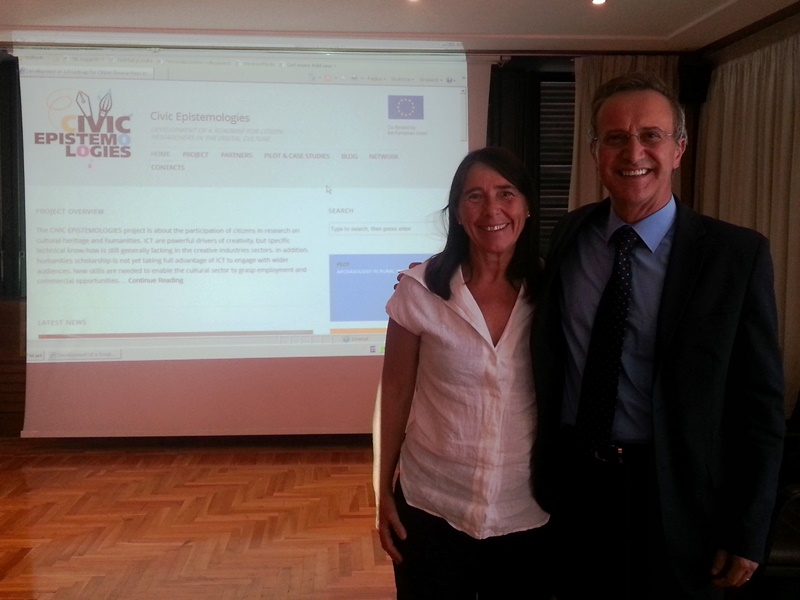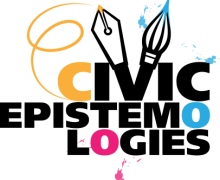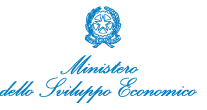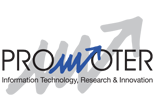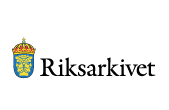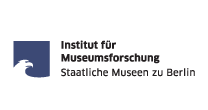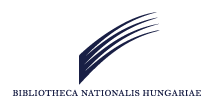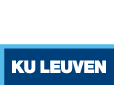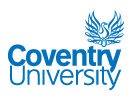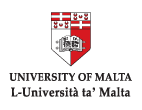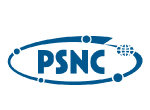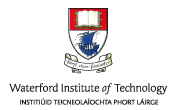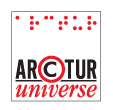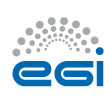This project has received funding from the European Union’s Seventh Framework Programme for research, technological development and demonstration under grant agreement no 632694
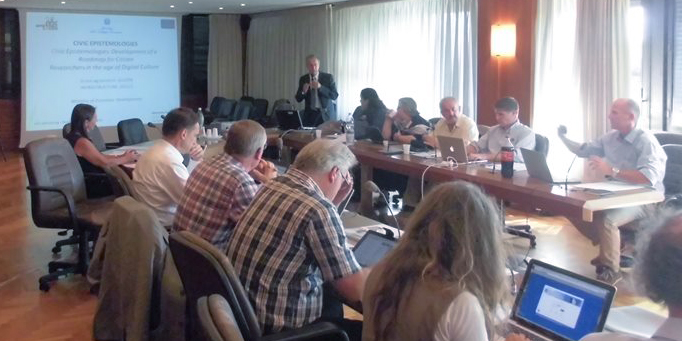
The project is launched!
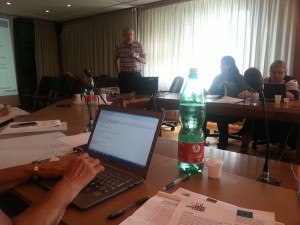
The kick-off meeting of the CIVIC EPISTEMOLOGIES project took place in the wonderful scenarios of Rome, the “Eternal City”.
The meeting, hosted in the premises of the Italian Ministry of the Economic Development, was held in a very friendly and cooperative atmosphere and it was an opportunity for the entire consortium to confront themselves on the first activity to be pursued. The “life” of the project, funded by the EC under the Seventh Framework Programme, is very short and for this reason all the objectives and strategies have been discussed to activate all the tasks that been part of the project.
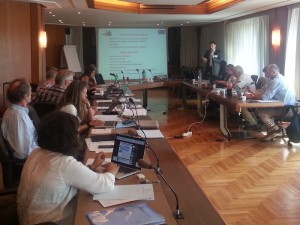
After a warm introduction by the project coordinator Mauro Fazio (in the featured image) that brought to the Consortium a welcome message of the Undersecretary of the Italian Ministry who was unable to attend due to another business meeting in Brussels, Mauro presented the activities of the Italian Ministry of the Economic Development and said he was very proud to lead this prestigious Consortium.
Then, each partner had the opportunity to present their organization and activities while Antonella Fresa, the Technical Coordinator, from Promoter srl, explained the project workplan and all the management procedures to be followed during the project life-cycle.
The partners then have put the focus on the presentation of the various working groups. The Work Package 4, under the responsibility of the University of Coventry, involves the construction of a Pilot and two Case Studies.The results of these studies will validate a Roadmap and will be analysed to extract knowledge, lessons learnt and best practice. Edel Jennings, the Irish representative of the Waterford Institute of Technology, presented the Pilot on archaelogy in Rural Ireland, an ethnographic study focused to record, capture and document heritage composed of stories heard from elderly relatives and neighbours through interviews made by class students of a Transition Year (14-16 year olds). The resulting data will be then geo-tagged using a tool like Google Maps. The Pilot will be led by WIT in the collaboration with ARCTUR (Cloud provider in Slovenia which recently developed a prototype of an application to facilitate the ethnological research).
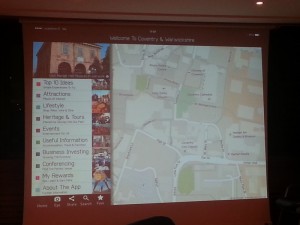
Prof. Neil Forbes and Prof. Sarah Whatley, representatives of the Coventry University, presented the two case studies, “‘Hidden cultural heritage’ – inclusion, access and citizenship” and “Local Cultural Heritage – inclusion, access and economic development”. The Case studies will examine how community groups of citizens engage with cultural heritage and participate in the generation and reuse of cultural heritage using digital technologies: the first one will focus on the participation of volunteers in cultural activities (e.g. theatre, dance, music, art, film making, photography); the other case study will work with a revolutionary visitor app developed for Coventry City Council, and will focus on the value – or limitations – of Citizen Science supported by creative uses of ICT, in providing new user perspectives and understandings of the role of local cultural heritage knowledge in local economic regeneration and growth.
The discussion that follow the presentations was useful to exchange difference points of view between Research, Cultural Institutions, e-Infrastructure providers and Policy maker on the relevant topics of the project.
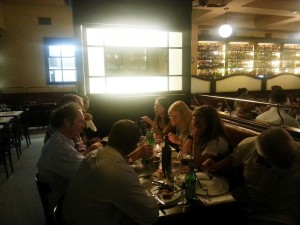
The first-day-meeting ended after a long and profitable discussion and then all the experts met themselves in the centre of the city where they spent some relaxing hours tasting some plates of the italian traditional foods at the social dinner.
The second day started with the WP2 presentation devoted to the identification of requirements and needs of citizens related to the use of e-Infrastructure for across different stages of the research lifecycle. Milena Dobreva, from University of Malta, explained how this task will start the analysis of key characteristics and requirements, including current technological offers and gaps, and identify the services architecture needed for the product in the focus of the Roadmap. The WP2 will planning to host a Workshop in Valletta and three Focus Groups across different communities of citizens involved in research and to discover connections between people and their interests.
Linked to the WP2, the presentation of the WP3, delivered by Borje Justrell, director of the National Archives in Sweden, involves the development of the Roadmap, the main object of the project. This WP will be developed in collaboration with the Poznan Supercomputing and Networking Centre (e-Infrastructure provider from Poland), the National Széchényi Library (the National Library in Hungary), the Katholieke Universiteit Leuven (a prestigious University in Belgium through the Cultural Studies Digital Department and the University Library Department for Research and Development called LIBIS) and Europeana Grid Initiative Foundation (a Federation of Research centres in Europe from Netherlands). Based on the work done in all the tasks of the WP3, the feedback received from WP2 and WP4 and the indication from the WP5, the WorkPackage will design the Roadmap for broadening e-Infrastructure deployment to support citizen researcher in digital culture.
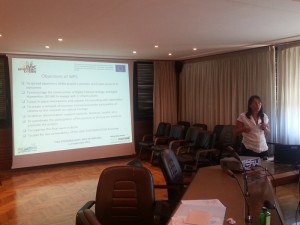
The presentation of the WP5, lead by Promoter (in collaboration with Stiftung Preussischer Kulturbesitz, the Foundation that embodies the shared governmental responsibility for culture in Germany, and the Katholieke Universiteit Leuven), delivered by Antonella Fresa and it focused on Dissemination, Communication and sustainability strategies. Antonella presented the project website and reminded to the Consortium how important is the dissemination of the results and achievement of the project in all the events in which we will attend. The objectives of the WP5 is also to encourage the community of DCHH (Digital Cultural Heritage and Humanities) to engage with e-Infrastructure, to put in place mechanisms and contacts for consulting with stakeholders and to create a network of common interest around the participation of citizens to the research on cultural heritage.
All the strategies are put in place and we will hope that the project will have a significant effort from all the partners to reach all the objectives proposed. Next appointment for the Consortium will be at the Workshop in Valletta (25-26 November 2014) where it will be organised also a plenary meeting related to the WP3 (27 November 2014).
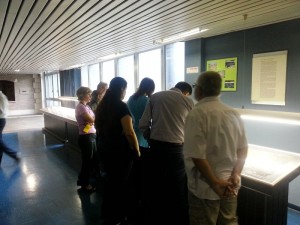
The kick-off meeting ended with a interesting visit to the Museo Storico delle Poste e delle Telecomunicazioni (the Historical Museum of the Postal Service and of Telecommunications) located in a near building of the Italian Ministry of Economic Development. The museum have originated in 1878 when the first collection of telegraphics materials and equipments from the telegraphs offices of the Old Italian State were been collected after the unification under the Italy’s Kingdom. After a long period of inactivity and after the war, the official opening of the museum was on 1959. During the following 20 years, new acquisitions and donations considerably increased the museum’s holding and that required more spaces for the exhibition. The museum was moved in the actual venue and the actual installation in the new premises was dated 1982. In the museums, open only on appointment, there are 22 rooms which display exhibits of every kind on the history of communications crossing the last five Centuries including a section devoted to the History of the postal service (with a reconstruction of a late 19th Century post office and the first maps of the postal path, a part with the history of the philately), a section devoted to the history of the telephone and a section with the history of the telecommunication (that hosts the reconstruction of the radiotelegraph cabin of the yacht Elettra as floating laboratory of Guglielmo Marconi and the Elea 9003 computer designed by the physicist Enrico Fermi).
Below, you find a selection of images taken during the two-days concluded with the visit at the Museum:
